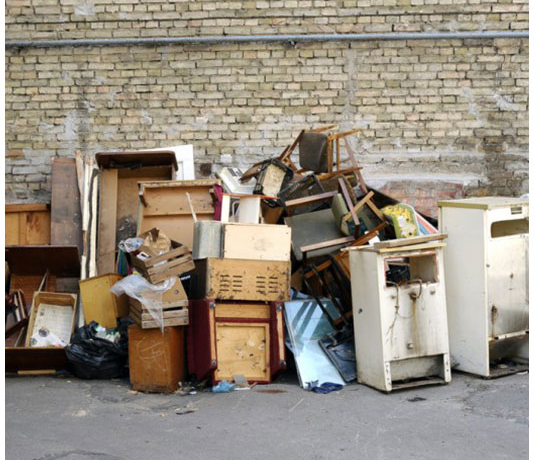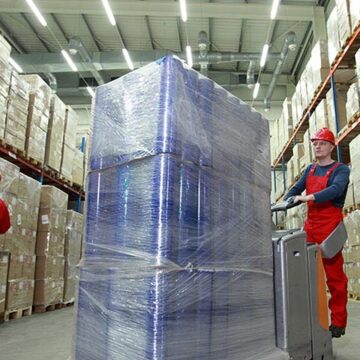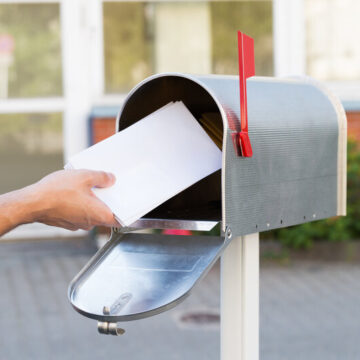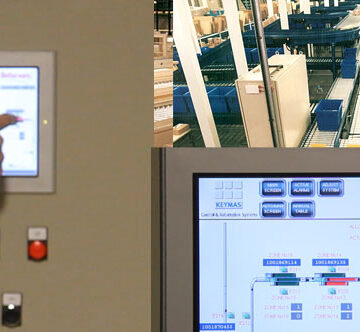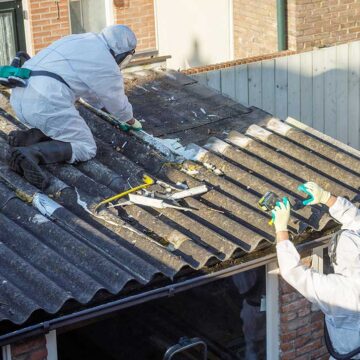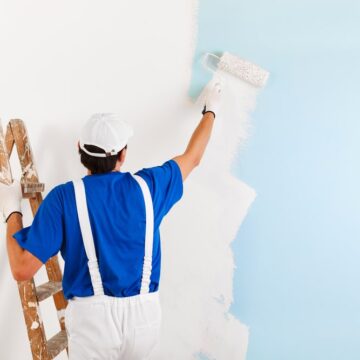Ever since technology has started to evolve, all of us relied on different electronic products and devices to make our lives easier and more convenient. Electronic innovations are constantly making waves throughout the world, and it’s no secret that we all dived in to get our hands on the latest tech product. Year after year, we are encouraged to upgrade or expand our electronic products to ease everyday life.
However, continuously purchasing different electronic devices also means expanding the amount of electronic waste we have. Not many people are aware of it, but according to Extra Cheap Rubbish Removal, electronic waste or e-waste is currently one of the most improperly disposed of rubbish around the world. Because of that, it is crucial that we learn more about this type of waste and how we can manage them properly so that they don’t take up half of your home or end up in landfills or worse, the ocean.
Before we dive into the proper handling of e-waste, let’s make a quick round-up of what exactly are the items that are considered to be electronic waste.
Examples Of E-Waste
- Electronic entertainment devices such as televisions, tuners, radio, CD and DVD players
- Household appliances such as refrigerators, microwaves, washing machines, vacuum cleaners, etc.
- Lighting fixtures and devices like lamps
- Communication and office equipment such as computers, telephones, printers, copy machines, mobile phones, etc.
- Sports and leisure devices such as fitness machines, remote-controlled toys, etc.
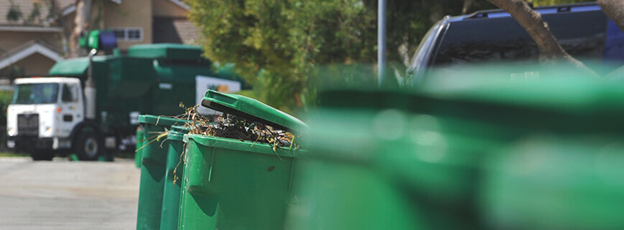
Managing E-Waste
Without proper rubbish removal Sydney Western Suburbs such as Extra Cheap Rubbish Removal, e-wastes can cause serious health issues and environmental problems. More often than not, e-waste devices contain toxic chemicals as well as heavy metal materials which can end up in landfills and pollute air and bodies of water.
To avoid causing harm, here are a couple of ways to manage e-waste.
- Trash Bins Are A No-No
You might think that putting your smaller e-wastes in the trash bin is good enough, but even the tiniest part of an electronic device can harm human health as well as the environment. E-wastes such as batteries and smartphones usually contain arsenic, lead, mercury, and other toxic substances that can easily cause harm to anyone who will handle the trash bin and where it’s going.
- Pass It On
If you have any electronic devices or equipment that you barely use anymore, and it still works, consider passing it on to a friend, family member or an interested neighbor. Find any potential user that might still find a use out of it before you even think about throwing it out in the trash so you can help another person out.
- Donate
If you don’t know anyone who wants to take your old electronic items out of your hands, consider looking for a donation center that accepts that particular type of item. If they are willing, they’ll certainly find a use for it instead of you letting it take up space in your home.
- Recycle
Finally, if you can donate it, think hard about recycling it before contacting a rubbish removal company to take care of it. If you’re not the crafty type, you can find recycling centers near you to help you out.
Final Word
Not everyone knows how to manage their trash, let alone manage different e-wastes. Make sure to find the right authorities before throwing out any of your e-waste.




